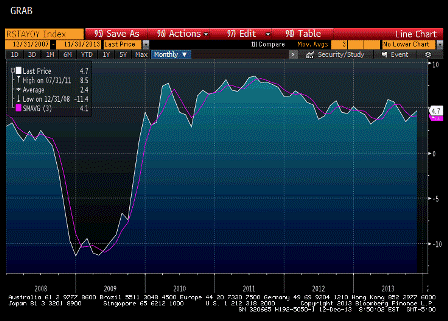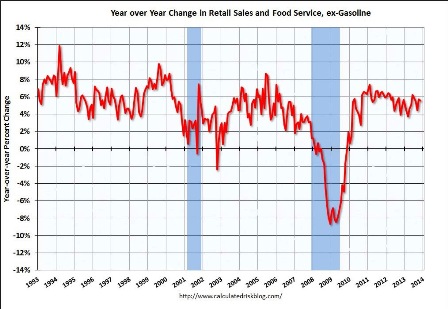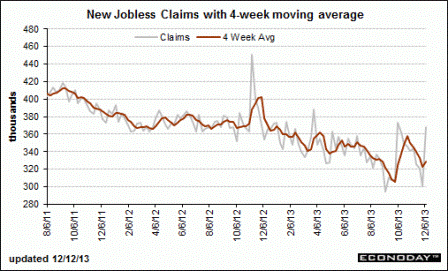Lots of talk on how the expiring unemployment benefits will alter January jobs numbers.
Size of labor force?
Participation rate?
Will they suddenly accept low paying service sector jobs?
Go on disability?
Etc. etc.
In theory total jobs should be about the same, as this type of thing for all practical purposes doesn’t cause anyone to increase head count. It can, however, put downward pressure on labor should these people ‘substitute’ for whoever would have been hired otherwise, but a lower rate of pay.
Time will tell. But in any case, it’s a cut in govt spending that thereby gradually results in fewer jobs than otherwise:
Extended Unemployment Aid Likely to End (WSJ) A financial lifeline for people who have exhausted their state unemployment benefits is on the verge of coming to an end, after Republicans and Democrats clashed in budget talks over how to cover the cost of extending emergency benefits that have aided workers since the financial crisis. The program, which provides aid for the long-term unemployed, was left out of a budget deal announced by Republican and Democratic negotiators Tuesday night. Democrats and the White House sought an extension of the plan, but the $25 billion cost have reduced the chance it will be continued. Top Democrats in both the House and Senate acknowledged the benefits would expire at the end of the year. The White House estimates that 1.3 million people will lose emergency federal jobless assistance on Dec. 28, with another 1.9 million people losing the aid in the first half of 2014.




